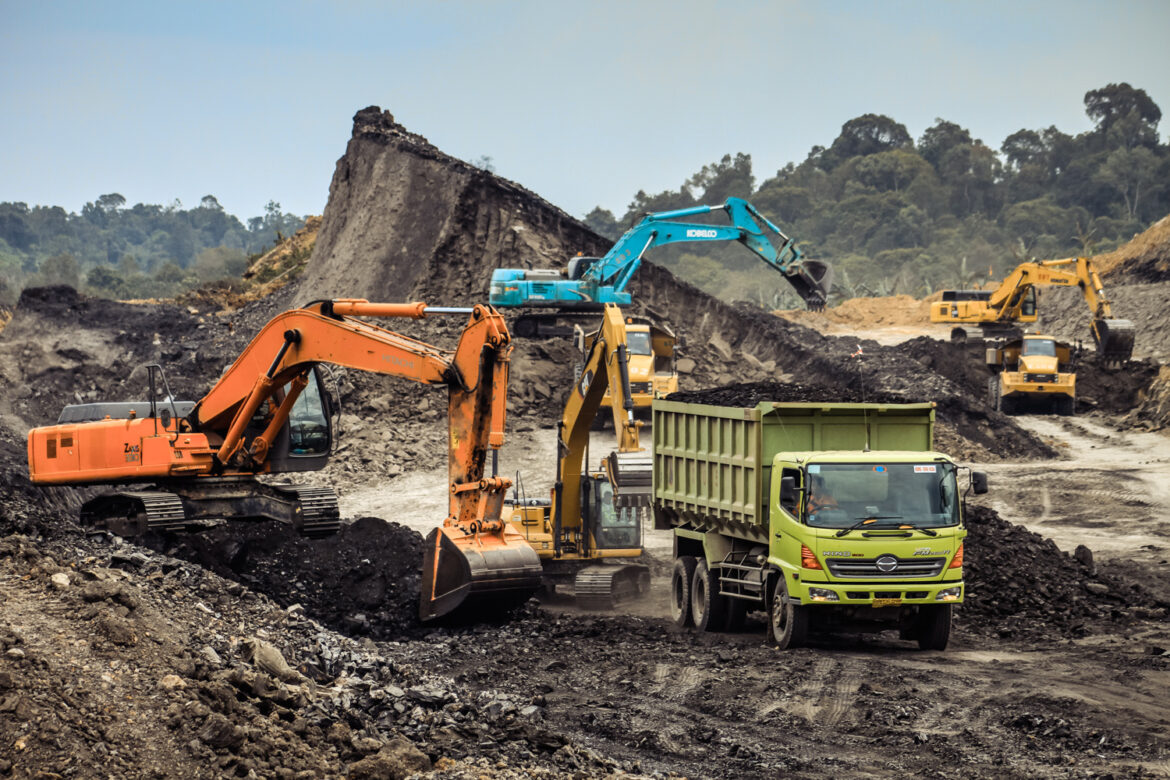In Guatemala, Canadian mining companies have long perpetuated human rights violations against Indigenous communities, facing no repercussions. Canadian courts manage to avoid legal accountability by maintaining that cases of human rights abuses in foreign countries should be heard in the home country. The absence of legal, regulatory mechanisms which ought to hold Canadian companies accountable abroad leads allegations to typically be disregarded by the Canadian federal government under the guise of “respecting the sovereignty of another country.” In 2013, the case of a Maya Q’eqchi woman, Angelica Choc, and other members of the community set a groundbreaking precedent. Her case against Canadian mining company Hudbay Minerals was the first time foreign claimants were able to pursue legal action against a Canadian company in Canada for human rights abuses that occurred abroad. Today, a lawsuit for the rape of eleven Maya Q’eqchi women is still ongoing. The activism and resistance of the Maya Q’eqchi community in El Estor, Guatemala, created innovative change for many Indigenous communities worldwide, who also seek justice against foreign actors.
Globally, half of publicly listed mining companies are based in Canada. Canada has around 1,290 mining companies active in about 96 foreign countries. The Canadian government encourages Canadian mining companies to operate in foreign countries, knowing that they are able to prioritize their profits without facing repercussions for the human rights abuses they commit. Struggling developing countries, especially in Central America, fall victim to this. Currently, there are no legal mechanisms to ensure that the subsidiaries of Canadian corporations operating abroad adhere to universal human rights standards.
Grahame Russell, co-editor of Testimonio; Canadian Mining in the Aftermath of Genocides in Guatemala, states that “the Canadian government and [their] companies know that there’s almost no way that any legal accountability can be achieved in a country like Guatemala.” Facing systemic corruption and impunity, it is futile to believe that justice can be brought to victims of Canadian mining companies in Guatemalan courts.
Since its installation in 1960, the Fenix mine has caused violent conflict for its creation being upheld without the consent of Indigenous communities. It is located on Lake Izabal in El Estor and is the only active metal mine in Guatemala. The Canadian mining company Hudbay Minerals/Skye Resources operated the mine from 2003 to 2011. During this period, innumerable human rights violations were committed against the Maya Q’eqchi’ at the hands of Hudbay Minerals security personnel. Q’eqchi’ community members were violently evicted from their homes, 11 Q’eqchi women were allegedly raped by mine personnel, and the company’s security guards opened fire on protestors, killing community leader Adolfo Ich. Ich’s wife, Angelica Choc, has fought for more than a decade to pursue justice for her husband’s murder. In 2007 and 2009, as she struggled to be heard, a legal case was brought against Canadian company Hudbay Minerals for their numerous human rights abuses against the Maya Q’eqchi people in Guatemala. The company attempted to dismiss the claims on the basis that a parent company does not owe a duty of care to those whom the company’s subsidiary harms in a foreign country.
Globally esteemed Amnesty International joined the case as an intervenor, arguing before the Ontario Superior Court that international law supports the idea that a duty of care may be owed when a company’s subsidiary commits gross human rights abuses. Citing international law set out in the UN Guiding Principles on Business and Human Rights, Amnesty called for companies working in high-conflict areas to conduct risk assessments of human rights impacts, arguing that the court should draw on these international standards, concluding that Canadian corporations owe a duty of care to individuals at risk of harm from the corporations’ security. The Ontario Superior Court of Justice, therefore, dismissed Hudbay’s motions, finding that they owed such duty of care to the Maya Q’eqchi villagers who fell victim to gross human rights violations by security personnel.
This case set a groundbreaking precedent that will be far-reaching in future cases of human rights abuses. Angelica Choc’s activism and other Maya Q’eqchi human rights defenders brought about a major change in international human rights law, allowing those in foreign countries who have suffered human rights abuses at the hands of Canadian companies to bring their cases to Canadian courts. This marks a huge step towards rightful accountability and liability.
However, the fight for the rights of the Maya Q’eqchi community did not end there. In December 2023, the Inter-American Court of Human Rights ruled that Guatemala violated the rights of the Maya Q’eqchi by allowing the construction of the mine on their lands without their consent. This decision applies to not only the Maya Q’eqchi peoples affected by the mine but also other Indigenous communities across the country, further marking a transcendent moment for securing Indigenous human rights across Guatemala.
According to community members, the mining company has paid the Guatemalan police and army to criminalize and denounce community activists protesting against the mine. Swiss company Solway Group now owns the Fenix mine. Despite an order from Guatemala’s highest court to close the mine in 2020, it continued to operate illegally. The Ancestral Council of the Q’eqchi led a blockade in October 2021 to protest the mine. However, Solway Group continues to request support for reopening the mine, claiming it is critical for the local economy.
The Maya Q’eqchi continue to fight for the rights to their ancestral lands and to stop the reopening of the mine, despite attempts by the state and mining companies to silence them. Angelica Choc states that they will continue fighting for justice, hoping their children and grandchildren can enjoy their ancestral lands. Their recent legal successes in Canada and on the international human rights stage are an important step toward making that vision a reality.
Edited by Alexandra MacNaughton

